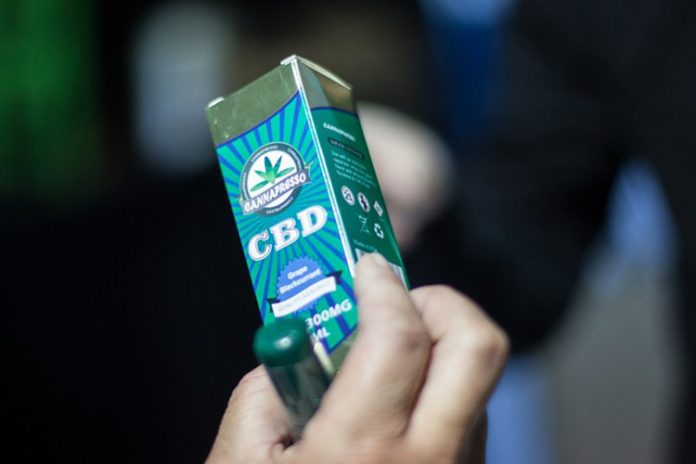The industrial-hemp industry may have gotten a nod of approval from the Drug Enforcement Administration in late May, when the agency clarified that not all compounds of cannabis fall under the Controlled Substances Act. Referencing a 2004 decision by the Ninth Circuit Court of Appeals that excluded non-psychoactive cannabinoids from the federal government’s definition of marijuana, the announcement came after the DEA says it had received numerous inquiries on the matter.
“Products and materials that are made from the cannabis plant and which fall outside the CSA definition of marijuana (such as sterilized seeds, oil or cake made from the seeds, and mature stalks) are not controlled under the CSA. Such products may accordingly be sold and otherwise distributed throughout the United States without restriction under the CSA or its implementing regulations,” reads an internal directive from the DEA dated May 22. “The mere presence of cannabinoids is not itself dispositive as to whether a substance is within the scope of the CSA; the dispositive question is whether the substance falls within the CSA definition of marijuana.”
Although THC, the psychoactive component in cannabis, is the most prevalent cannabinoid in the recreational form of the plant, strains of recreational cannabis and industrial hemp have been shown to be high in cannabidiol (CBD), cannabinol (CBN), cannabigerol (CBG) and other cannabinoids as selective breeding techniques improve. These cannabinoids don’t impair users, but have the ability to help with a variety of medical issues such as anxiety, pain, sleeping disorders, inflammation and skin irritation.
According to the DEA, importing and exporting cannabinoid products with 0.3 percent THC or less is legal, but the agency notes that importation/exportation of those products also falls under the discretion of the U.S. Customs and Border Protection. Gabriel Ettenson, COO of Colorado-based hemp supplement company Elixinol, says the hemp industry won’t really feel safe until hemp is explicitly removed from cannabis’s Schedule I status with the federal government.
“This announcement, while welcomed, doesn’t eliminate the need for hemp to be formally, federally removed as a Schedule I drug,” he explains in an email. “The Farm Bill of 2014 made industrial hemp-derived products, including CBD, legal to sell and use. But there are a number of laws on the books that still create confusion around this topic. The fact that cannabis remains a Schedule I drug certainly creates confusion, since hemp and marijuana are both members of the cannabis family, despite the fact that they are indeed different plants, most notably in their levels of THC.”
Ettenson says a new proposal similar to the Farm Bill would declassify hemp from its Schedule I status and “eliminate this confusion once and for all.” Until such a measure passes, however, even he isn’t fully sure of CBD’s legality.
“We really leave that work to the lawyers,” he concludes.














